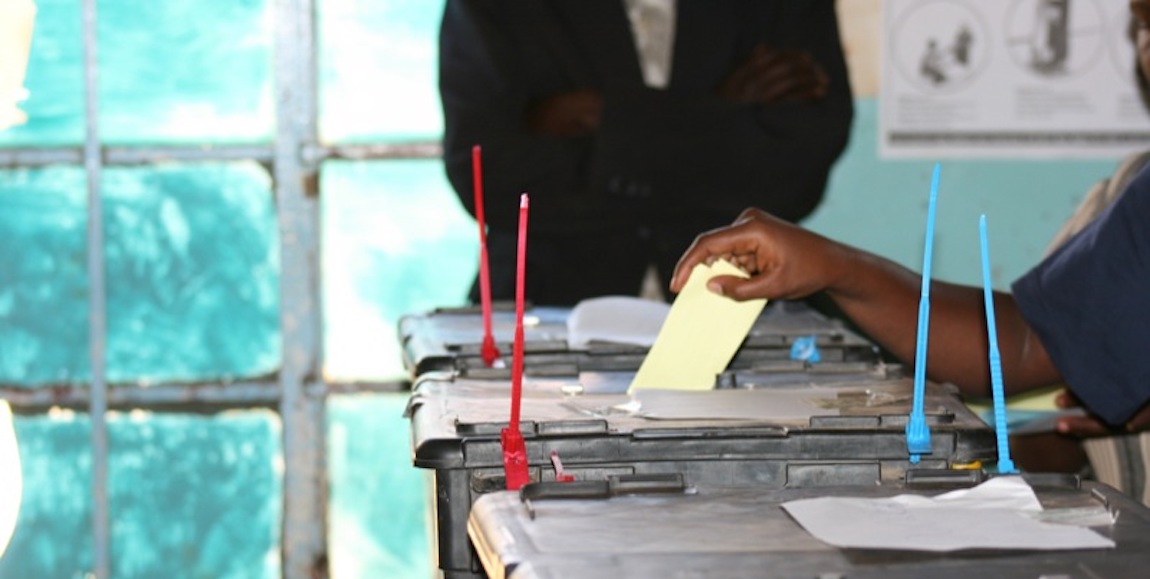Tuesday, August 8 marks Kenya’s 12th elections since independence. The Daily Vox rounds up all you need to know.
1. Who are the main contenders?
While there are eight contenders for the presidential elections, the focus is on incumbent President Uhuru Kenyatta who is vying for a second and final term, and opposition leader Raila Odinga, who is contesting for the seat for the fourth time. Kenyatta represents the Jubilee party with Deputy President William Ruto as his running mate. Odinga is running as the flag bearer of the National Super Alliance coalition, maintained former vice-president Kalonzo Musyoka as his running mate, making this election similar to the 2013 polls.
The winner must gain 50% of the votes plus one and at least 25% of the votes in half of Kenya’s 47 counties. If not, there will be a run-off.
Kenyans will also vote for their governors, senators, members of parliament and members of the county assembly in the 47 counties in the second elections since the implementation of a devolved system of governance.
2. How many people will be voting, and how?
According to the Independent Electoral and Boundaries Commission (IEBC), 19.6 million people are eligible to cast their vote today.
Technology has played a big part in this election. It will be the second time that voters use the Kenyan Integrated Elections Management System to verify and confirm their identity at their respective polling station before they cast their vote.
3. How ready is Kenya’s Electoral Commission for these polls?
The IEBC has already faced some of the toughest circumstances in terms of preparedness for the polls. From the voters’ register to the printing of additional ballot papers, the commission has had to assure Kenyans that the process would be fair and credible. The alleged murder of the commission’s technology boss further aggravated the security and accuracy of the technology used in the elections.
More questions have also arisen over how the commission will deal with the transmission of poll results from the 11 115 polling stations without network coverage.
4. How much of a role have propaganda and fake news played in these elections?
Fake news and propaganda have influenced the information received by the electorate ahead of the polls. Social media has been used as a platform for spreading such fake news, causing websites like Facebook and WhatsApp to come up with measures to combat them.
Authorities have been keen on monitoring hate speech to ensure there will be no repeat of 2007/08 post election violence but have assured Kenyans that they will not interfere with them on elections day but will shut down any website that broadcasts fake news.
5. Why are people concerned about violence?
Concerns about electoral violence have been raised by the European Union Observer Mission, the Africa Centre for Strategic Studies and Human Rights Watch among others. The electoral agency has condemned violence and urged Kenyans to maintain peace.
However, there is widespread panic over electoral violence, with some minority communities already moving out of towns that have been identified as hotspots of violence by the IEBC.
The police and other security agencies have received security gear and emergency kits to enforce the law if needed.









